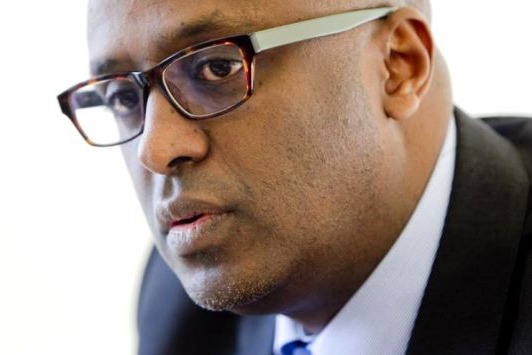
THE International Monetary Fund (IMF) says understanding the country’s debt as well as it being sustainable will be crucial if the body is to offer any financial assistance to the country.
BY TATIRA ZWINOIRA
Speaking at a recent briefing on Africa, IMF African Department director Abebe Aemro Selassie said it was important for the country to clear its debt arrears.
“So, I think what’s important for Zimbabwe is to get an arrangement with the IMF, for having a way of being able to clear these arrears with multilateral development banks is one step. And also, we need to understand the debt picture and find a way to make sure that the rest of the debt can be sustainable. So, on the financing side, that is one element,” he said.
“Then, on the other side, really is trying to agree on a program that will be able to engender growth, address a lot of the development challenges that Zimbabwe has. And importantly, try and reverse the increase in formality that we’ve seen in the economy, trying to reverse that and get growth going. So, agreeing on those elements will be important in the post-election environment and we’re hopeful that we can move forward quickly.”
This came as the country’s debt is now well over $13 billion, a violation of provisions of the Debt Management Act stipulating that government debt should not exceed 70% of gross domestic product (GDP), with the debt now estimated at 79%.
In their 2017 first half budget performance and outlook report, the Parliamentary Budget Office stated that the country’s public debt stood at $11,6 billion or 82% of GDP. Broken down, $7,5 billion is external debt while $4,3 billion is domestic.
Of that $7,5 billion debt, $5,2 billion is in arrears which includes $1,2 billion owed to the World Bank and $600 million owed to the African Development Bank.
- Chamisa under fire over US$120K donation
- Mavhunga puts DeMbare into Chibuku quarterfinals
- Pension funds bet on Cabora Bassa oilfields
- Councils defy govt fire tender directive
Keep Reading
Making matters worse is the government has turned to local funding for its operations resulting in an overdraft with the Reserve Bank of Zimbabwe of $1,2 billion and the issuance of Treasury Bills over $2 billion to get funding from local banks.
Further, last month Finance and Economic Development minister Patrick Chinamasa said the government had secured a commercial loan facility of $1,2 billion to clear World Bank arrears in order to unlock fresh financing, but has not revealed the source of the loan, raising questions over its plan to tackle its debt.
In that regard, experts have warned that this plan of dealing with its debt was unsustainable as it was already showing signs of threatening inflation, which is partly why the IMF has raised concerns over government’s plan to deal with debt.
“Our debt profile is definitely unsustainable there is no doubt about that at all. I think going forward; the primary issue is domestic debt which is much more of significance than our external debt… Our main problem is domestic debt which has been increasing very rapidly over the years and it comes from the fiscal deficit. This must be brought under control immediately,” government consultant and economist Ashok Chakravarti said.
“If we have high levels of domestic debt it will mean that there will be a significant amount for debt servicing in future budgets that will then lead to less resources for development.”
He said external debt was more serviceable compared to domestic debt.











